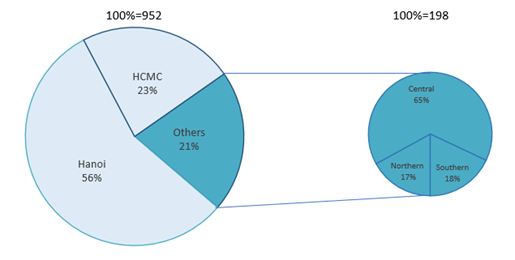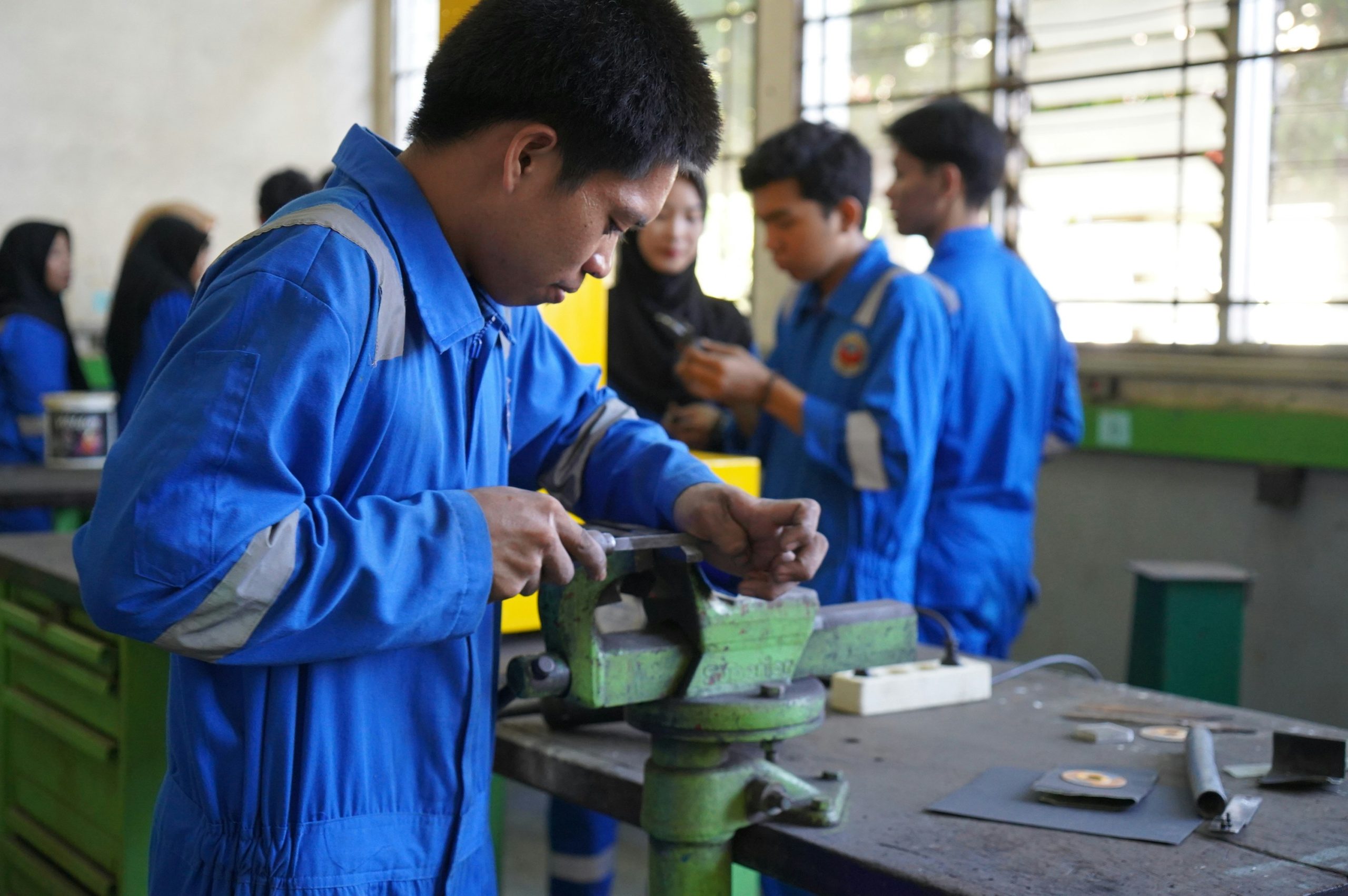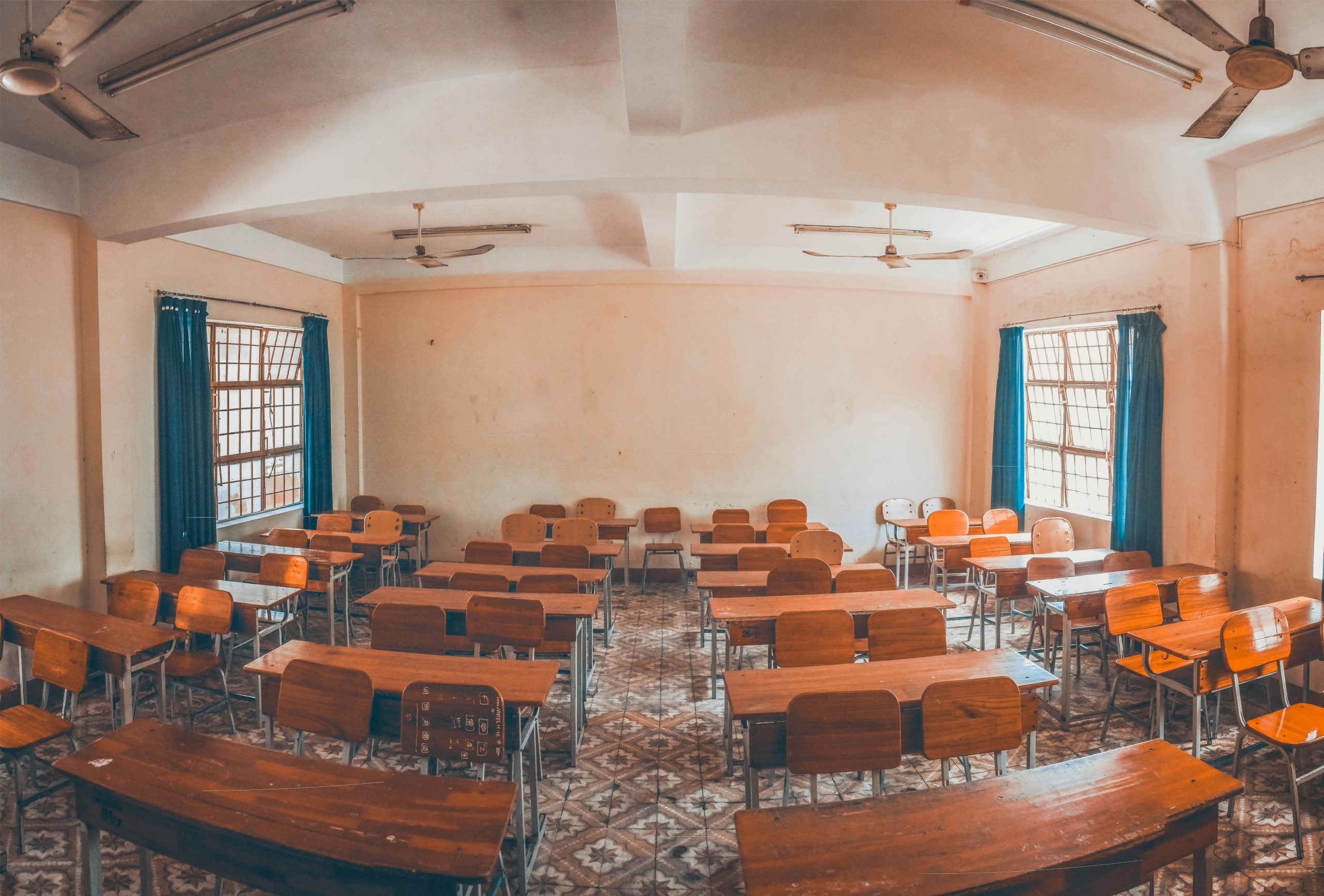
087월2025
최신 뉴스 및 보고서 / 베트남 브리핑
댓글: 댓글 없음.
일본이 노인 돌봄 분야의 심각한 인력 부족에 지속적으로 직면함에 따라, 베트남은 기술 인턴 채용의 우선순위 국가 중 하나로 부상했습니다. 교육 및 채용을 위해 적합한 협력 대학 및 단과대학을 선정하는 것은 중요한 첫 단계입니다. 노인 돌봄 업무는 체력, 규율, 적응력, 공감 능력뿐만 아니라 언어 능력과 소프트 스킬까지 요구하는 매우 힘든 작업입니다. 따라서 협력 기관을 선정할 때는 단순히 평판에만 의존해서는 안 되며, 장기적인 적합성과 효율성을 보장하기 위해 신중하게 검토해야 합니다.
B&Company는 교육 및 노동 시장 조사 분야와 정부 및 민간 부문에서 일본-베트남 협력 프로젝트를 수행한 경험을 바탕으로 이 인턴 프로그램에 적합한 교육 기관을 선택하기 위한 다음의 세 가지 핵심 기준을 제안합니다.
1. 위치: 하노이 및 호치민시 외부 기관과의 파트너십 확대
노인 돌봄 분야의 연수 프로그램 시행에 대한 수요가 증가하는 상황에서, 대도시 외 지역 기관을 선택하는 것은 전략적이고 비용 효율적인 방향입니다. 노동력 수출 전통을 가진 일부 지역에서는 다음과 같은 방안을 고려할 수 있습니다.
– 북쪽: 타이응웬(Thai Nguyen), 박장(Bac Giang) 등
– 중부: 탄화(Thanh Hoa), 응에안(Nghe An), 하띤(Ha Tinh), 꽝빈(Quang Binh), 꽝찌(Quang Tri) 등
– 남쪽: 동탑(Dong Thap), 안장(An Giang), 속짱(Soc Trang) 등
주요 이유는 다음과 같습니다.
– 학생 적합성: 경제적으로 저개발된 지역 출신 학생들은 대개 가난한 환경에서 자라납니다. 이들은 근면하고, 규율을 잘 지키며, 적응력이 뛰어납니다. 이러한 자질은 노인 돌봄 분야의 특수한 요구 사항과 잘 부합합니다.
– 안정적인 학생 모집 및 최적화된 운영 비용: 많은 지역 대학들이 안정적인 등록률과 학생 유지율을 유지하여 프로그램 신입생의 안정적인 공급을 보장합니다. 더욱이, 이러한 분야의 운영 및 조직 비용은 일반적으로 낮아 투자 효율성을 최적화하는 데 도움이 됩니다.
– 적극적인 국제 협력: 도시 기관에 비해 국제 파트너십 기회가 적은 지역 대학들은 해외 파트너와의 협력에 있어 더욱 개방적이고 유연하며 헌신적인 모습을 보이는 경우가 많습니다. 이는 연수생 파견 사업과 같은 장기 프로그램을 시행하는 데 있어 상당한 이점이 됩니다.
문부과학성(MEXT)에 따르면, 2020년 기준 일본-베트남 대학 간 협정 체결 건수는 하노이(561건, TP3T)와 호찌민시(231건, TP3T)에 집중되어 있으며, 다른 지역은 211건에 불과했습니다. 하노이와 호찌민시를 제외한 중부 지역 대학들의 협정 체결 건수는 651건으로, 주요 도시 지역에 집중된 협력 추세를 보여줍니다. 이는 국제 협력 기회는 적지만 협력 의지가 강한 지역 대학들의 잠재력을 활용할 기회가 여전히 많음을 시사합니다.
Number of inter-university exchange agreements between Japanese and Vietnamese universities by region
출처: 문부과학성(MEXT), “해외대학 및 해외거점과의 대학 간 교류협정 현황 조사 결과” (2020년 4월 30일 개정판)
2. 학문 분야 : 전공 분야만이 아닌 실무 중심의 학문을 지향합니다.
일본 노인 요양 시설에서 일하려면 기술적 지식뿐만 아니라 공감 능력, 소통 능력, 적응력, 그리고 소프트 스킬까지 필요합니다. 따라서 시설 선정은 특정 전공 분야에 국한되지 않고 전반적인 교육 방식을 고려하여 이루어져야 합니다.
이 프로그램은 모든 전공자에게 열려 있지만, 사회복지, 호텔, 기초 간호, 재활 등 취약 계층 관련 경험이 있는 사회복지 관련 분야에 우선적으로 지원해야 합니다. 일본어 교육을 제공하거나 일본 기업과 협력 관계를 맺은 기관은 학생들의 일본 취업 및 문화 적응 준비에 있어 경쟁력을 갖출 수 있습니다.
고려해야 할 주요 기준은 다음과 같습니다.
– 커리큘럼의 최소 50%는 실습에 중점을 두고 있습니다.
– 서비스 시설이나 지역 사회 단체에서의 인턴십 프로그램
– 커리큘럼에는 전문적 윤리, 소프트 스킬, 문화적 예절 및 규율 감각이 포함됩니다.
– 기술 인턴 또는 Tokutei Gino 프로그램에 이전에 참여
– 모든 전공자에게 개방, 의료, 관광, 호텔, 요리 서비스 전공 우선
– 정식 일본어 수업을 제공하거나 언어 센터와 연계된 학교가 우선이며, 노동, 교육 또는 파견 프로그램에서 일본인 파트너와 협력한 경험이 있는 경우 우선적으로 고려됩니다.
3. 실행 능력 및 국제적 지향성
인턴십 프로그램을 성공적으로 운영하려면 기관, 기업, 어학연수센터, 그리고 일본 현지 기관 간의 긴밀한 협력이 필수적입니다. 개방적인 리더십, 국제 협력 경험, 그리고 적극적인 지원 부서를 갖춘 기관은 더욱 빠르고 효율적인 협력 프로세스를 보장합니다.
고려해야 할 주요 기준은 다음과 같습니다.
– 일본, 대만, 한국과의 기존 MOU 또는 학생 교류 경험
– 해외 기회를 지원하는 활발한 국제 관계 또는 경력 서비스 사무실
– 진로 세미나 또는 외국어 교육 프로그램 기획 경험
– 장기 협력 계약(MOU, MOC 또는 파견 계약) 체결 의지
기관과의 협력을 위한 주요 지침:
– 헌신적인 리더십을 갖춘 기관을 우선시하고 장기적인 협력 로드맵을 준비하십시오. 학교 지도자들과 직접 소통하여 프로그램의 장기적인 이점과 지속가능성을 설명하십시오. 단기적이고 양적인 모집은 지양하십시오. 학생 혜택(소득, 자격증, 복학 기회)과 프로그램이 기관에 어떻게 가치를 더하는지에 대해 투명하게 설명하십시오.
– 실행을 위한 명확하고 상세하며 구체적인 계획을 수립하십시오. 일부 기관은 계획 단계가 모호하거나 장기화되어 파트너십을 발전시키지 못했습니다. 한편, 기관(특히 지역 단과대학 및 종합대학)은 교육 프로그램을 효과적으로 운영하고, 인턴십 일정을 계획하고, 학생 상담을 제공하기 위해 학기별로 세부적인 실행 계획이 절실히 필요합니다.
– 효과적인 의사소통을 통해 학생들과 직접 소통합니다. 학교 지도자와 협력하고, 홍보 활동, 진로 세미나, 학생 상담 세션을 조직하여 학생들의 관심과 주도성을 높입니다.
– 일본어 교육을 위한 현장 지원 제공: 학교에 일본어 역량이 부족한 경우, 무료 언어 수업을 제공하거나 적합한 언어 교육 센터와 연결하여 인재 파이프라인을 구축하는 기반을 마련합니다.
– 서두르거나 압박적인 채용은 피하세요. 규모를 확대하기 전에 평가하고 조정하기 위해 소규모 시범 집단으로 시작하세요.
결론
경험에 따르면 많은 베트남 대학(특히 비공립 또는 국내 기관)은 여전히 국제 파트너와의 협력 경험이 부족합니다. 이로 인해 소통, 계획 수립 및 후속 조치에 어려움을 겪는 경우가 많습니다. 더욱이, 성공적인 교육 및 노사 협력은 단순히 협정 체결을 넘어 장기적인 헌신과 관계 구축을 필요로 합니다.
따라서 대학과 "따뜻한" 관계를 유지하기 위한 중개 기관의 역할이 필수적입니다. 이 역할에는 내부 및 학생 대상 소통, 기관과 기업 간의 협력, 진로 상담 세션 구성, 그리고 실행 및 피드백을 면밀히 모니터링하는 것이 포함됩니다.
———–
교육 연구, 시장 컨설팅, 일본-베트남 비즈니스 네트워킹 분야에서의 경험을 바탕으로 B&Company는 포괄적인 지원 파트너로서 적합한 기관을 찾고, 실질적인 구현 로드맵을 설계하고, 의사소통을 조정하고, 가장 중요하게는 모든 이해관계자 간의 파트너십의 지속 가능성을 보장하는 데 도움을 드릴 수 있습니다.
* 본 기사의 내용을 인용하고자 하시는 경우, 저작권을 존중하여 출처와 원 기사의 링크를 함께 명시해 주시기 바랍니다.
| 비앤컴퍼니
2008년부터 베트남에서 시장 조사를 전문으로 하는 최초의 일본 기업입니다. 업계 보고서, 업계 인터뷰, 소비자 설문 조사, 비즈니스 매칭을 포함한 광범위한 서비스를 제공합니다. 또한, 최근 베트남에서 900,000개 이상의 기업에 대한 데이터베이스를 개발하여 파트너를 검색하고 시장을 분석하는 데 사용할 수 있습니다. 문의사항이 있으시면 언제든지 문의해주세요. info@b-company.jp + (84) 28 3910 3913 |






















